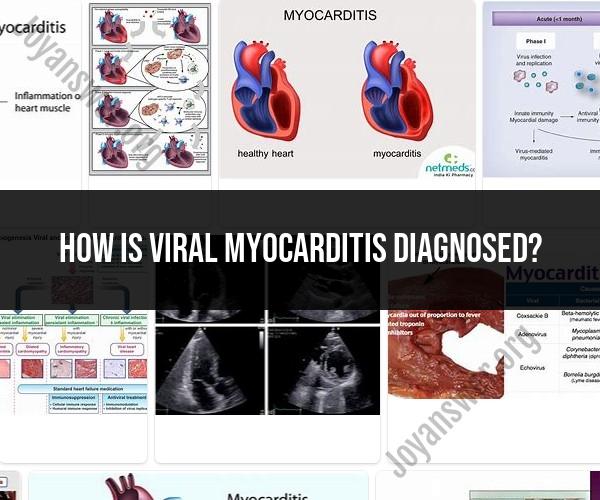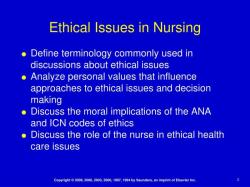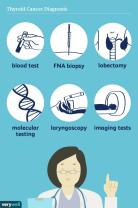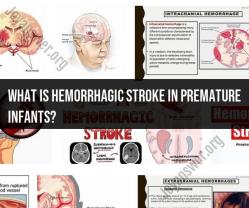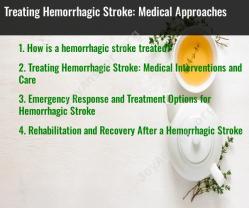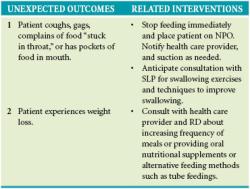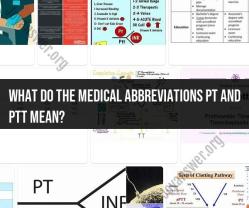How is viral myocarditis diagnosed?
Diagnosing viral myocarditis involves a combination of medical history assessment, physical examination, and various tests and procedures to evaluate heart function and identify the presence of viral infection in the heart muscle. Here's an overview of the tests and procedures commonly used for the detection of viral myocarditis:
1. Medical History and Physical Examination:
- Your doctor will inquire about your symptoms, medical history, recent illnesses, and any risk factors.
- A thorough physical examination may reveal signs such as abnormal heart sounds, fluid retention, and other cardiac symptoms.
2. Blood Tests:
- Blood tests can help identify markers of inflammation, infection, and cardiac damage.
- Troponin and creatine kinase-MB (CK-MB) are markers that may indicate heart muscle damage.
- Elevated white blood cell count and markers of inflammation (such as C-reactive protein) may suggest an ongoing infection.
3. Electrocardiogram (ECG or EKG):
- An ECG records the electrical activity of the heart.
- ECG changes, such as ST-segment elevation or T-wave inversion, may indicate myocardial inflammation or damage.
4. Echocardiogram:
- An echocardiogram uses sound waves to create images of the heart's structure and function.
- It helps assess the size, shape, and pumping ability of the heart and can detect abnormalities in heart muscle movement.
5. Cardiac Magnetic Resonance Imaging (MRI):
- Cardiac MRI provides detailed images of the heart's structure and function.
- It can help visualize inflammation, assess tissue damage, and measure cardiac function.
6. Endomyocardial Biopsy:
- In some cases, a small piece of heart tissue (biopsy) is taken through a catheter inserted into a blood vessel and guided to the heart.
- The tissue sample is examined under a microscope to detect viral infection, inflammation, or other abnormalities.
7. Viral Testing:
- Polymerase chain reaction (PCR) and other molecular tests can detect the presence of viral genetic material in heart tissue or blood.
- These tests help identify the specific virus causing the myocarditis.
8. Chest X-ray:
- A chest X-ray can provide an overview of the heart's size and the presence of fluid accumulation in the lungs (a sign of heart failure).
9. Holter Monitor or Event Monitor:
- These devices record the heart's electrical activity over a period of time.
- They can help detect irregular heart rhythms that may be associated with myocarditis.
10. Stress Test:
- A stress test evaluates how your heart responds to physical activity.
- It can help assess heart function and identify any abnormalities under stress.
The diagnosis of viral myocarditis often involves a combination of these tests and procedures. Treatment and management strategies depend on the severity of the condition and the underlying viral infection. If you suspect you have viral myocarditis or experience symptoms such as chest pain, shortness of breath, or palpitations, seek prompt medical attention for proper evaluation and care.
